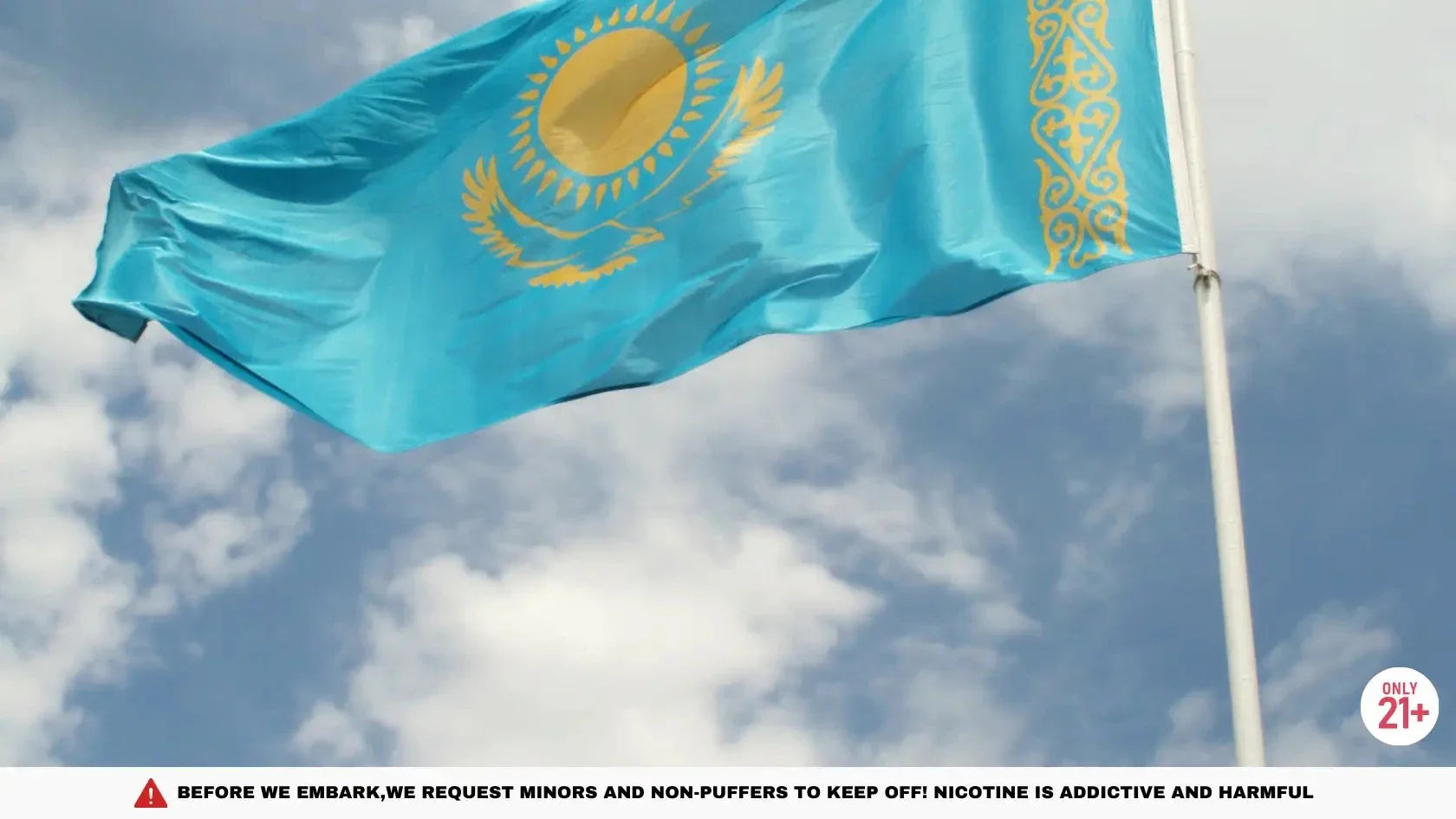The distribution and sale of vaping goods are prohibited in Kazakhstan, and it's possible that other nations in Central Asia may follow suit. President of Kazakhstan Kassym-Jomart Tokayev has signed the Act into effect.
Trend News Agency, located in Azerbaijan, reports that the new legislation would go into force sixty days after it is published in formal form. The rule would outlaw "the sale and delivery of nonsmoking tobacco goods such as vapes, flavors, and liquids, as well as their advertising," according to a presidential website cited by Trend.
For a number of years, legislators and health authorities in Kazakhstan have been threatening to outlaw vapes, and there have been sporadic reports of votes conducted by different government agencies. However, it seems from the latest report—which includes direct statements from the president of Kazakhstan's official website—that a ban has already been decided upon.
The last Soviet republic to proclaim independence was Kazakhstan, a 20 million-strong nation in Central Asia. This happened only days before the USSR itself collapsed in 1991. Kazakhstan was ruled by a single authoritarian president for 28 years after independence, despite the country being formally a constitutional republic. Recent years have seen a number of democratic improvements.
According to the World Health Organization's Global State of Tobacco Harm Reduction, around 21% of individuals in Kazakhstan smoke cigarettes, with 37.7% of males being among those who smoke. The incidence of vaping in Kazakhstan is estimated to be 1.7% as of late, yet the figure is likely too old (2014) to be trusted.
Kyrgyzstan and Uzbekistan, two of Kazakhstan's neighbors in Central Asia, are reportedly also moving to implement prohibitions on vape pens, according to Tobacco Reporter. The likelihood of their attempts succeeding is unclear.
The laws of vaping goods are different in the other two Central Asian nations: vaping is legal and regulated in Tajikistan but illegal in Turkmenistan.






